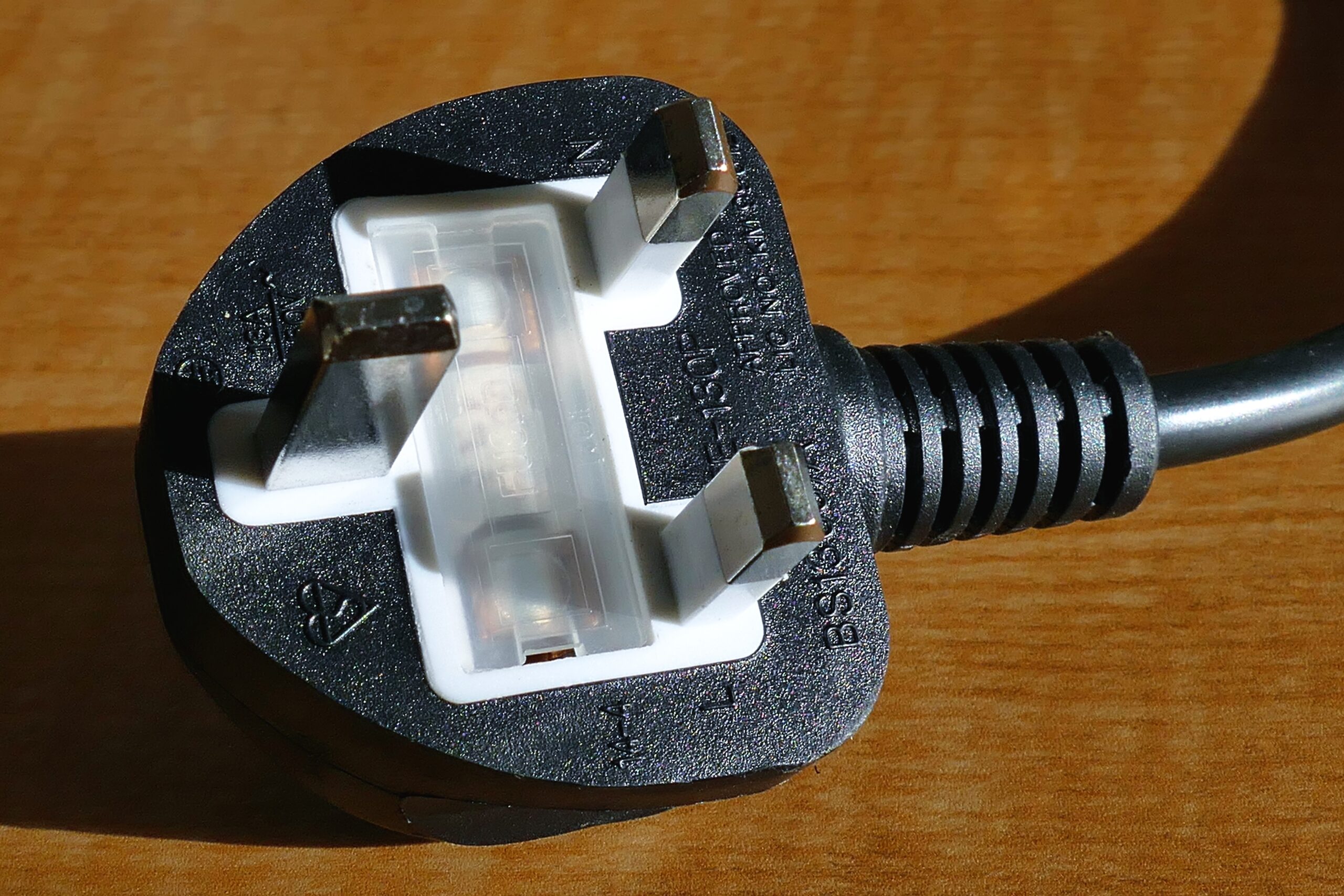Justice secretary claims move could help reduce reoffending and ‘turn prisons into places of decency’
Credit: Intel Free Press/CC BY-SA 2.0
The government is investing £10m in extending the rollout of in-cell telephones for prisoners, which it claims could help reduce reoffending.
The Ministry of Justice has been engaged in an ongoing project to install “tens of thousands” of phones in prison cells across the country, the department’s chief digital and information officer Tom Read told PublicTechnology last year.
The government has announced that, between now and March 2020, it will be extending this rollout to 50 further prisons at a cost of £10m. The money will be drawn from a £30m funding pot announced in November’s Budget.
The landline devices will allow inmates to make calls to “a small number of pre-approved numbers”. Conversations will be recorded and, if officers suspect the phones are being used in criminal activities, can be monitored. Phones can be taken away in the event of misuse.
Related content
- Government to build £1m digital tool to help crack down on prison gangs
- Government explores digital service to support prison leavers
- All prison officers in England and Wales to get body-worn cameras
But the intention is to allow prisoners to maintain relationships with their family – which the government claimed can reduce reoffending rates by up to 40%. Removing the need to queue for communal phones can also remove a potential source of tension and conflict, the government said, as well as preventing the use of illicit mobile phones – the trade in which contributes to “crime and violence”.
Justice secretary David Gauke said: “At this time of year more than any other, we’re reminded of the importance of family, and there can be few groups that this applies to more than prisoners. In-cell telephones provide a crucial means of allowing prisoners to build and maintain family relationships, something we know is fundamental to their rehabilitation. Introducing them to more prisons is a recognition of the contribution I believe in-cell telephones make to turning prisons into places of decency where offenders have a real chance to transform their lives.”
In his recent interview with PublicTechnology, digital chief Read said that he believes prisons have thus far “been bypassed by the digital revolution” that has swept through much of the public sector in the last few years.
“I want prisons and probation services to be digital first, and to be safer and more focused on rehabilitation,” he said. “I think the opportunities of digital in that space are huge, and I’d like to leave a legacy of work that will take years to deliver, where we move much more towards a [situation] where, when you’re in prison, you can do useful things in your cell.”
In addition to the deployment of in-cell phones, MoJ digital and technology teams have also worked on projects to install self-service kiosks allowing inmates in eight prisons to check their financial and phone credit accounts, make meal choices, or order items from the shop. Pilot schemes to equip prisoners with laptops are also taking place in two institutions.



